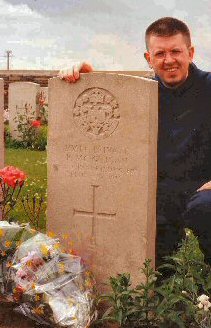By the time I was attending secondary school, it became obvious that we were all being taught differently about the history of
I could say nothing of any of these accounts because Irish history was hardly touched upon at school – it was mentioned in passing if seen as relevant to the history of
I don’t recall the Famine ever being mentioned.
My first real knowledge of Irish history came when I enrolled in the Irish Economic History course at Queen’s in 1964 and listened enrapt to Professor Connell. On a camping holiday taking in as many counties as possible in 1968, two friends and I (all Protestants) suddenly found that to be from Newry in County Down was a big plus – especially since one of my companions knew Sean O’Neill. In two little pubs in Derrynane and Ardrahan, as a result of this rather tenuous ‘connection’, we were feted by customers to such an extent that we might have been Gaelic football heroes ourselves.
Suddenly an inclusive GAA seemed to be a very worthy aim! I am sure that it was then that I first became really conscious of the fact that this separation of sporting cultures was essentially a negative feature of life in
